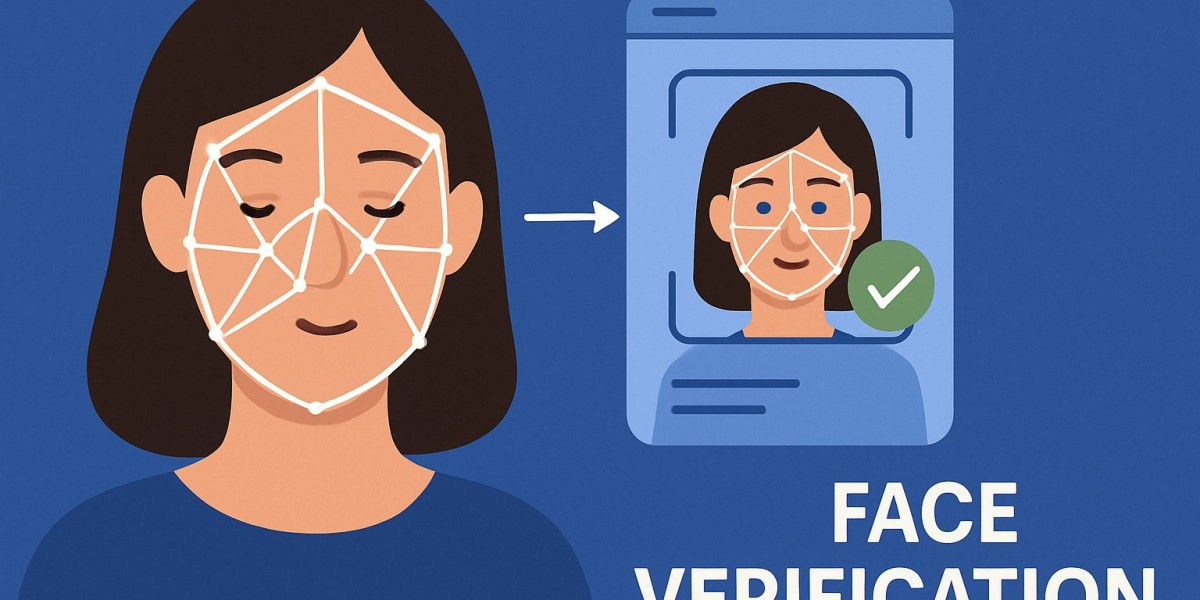In today’s digital-first world, identity fraud and cybercrime continue to grow at a rapid pace. Businesses across industries – from banking to e-commerce – need secure, reliable, and seamless ways to verify customer identities. This is where ID verification solutions come into play. They ensure regulatory compliance, prevent fraud, and build customer trust, all while providing a smooth onboarding experience.
Why ID Verification Matters
Identity verification solutions are designed to authenticate an individual’s identity through various checks, such as document scanning, biometric recognition, and real-time validations. These solutions not only meet Know Your Customer (KYC) and Anti-Money Laundering (AML) regulations but also safeguard businesses from fraudulent activities. For customers, the process becomes quicker and more secure compared to traditional methods like manual verification.
Key benefits of ID verification solutions include:
Faster customer onboarding
Reduced risk of identity theft
Compliance with global regulations
Enhanced trust and security in digital interactions
The Role of NFC Identification
One of the most innovative advancements in this field is NFC (Near Field Communication) identification. NFC is the same technology used for contactless payments, but it is now being adopted for ID verification. Many modern identity documents, such as ePassports and national ID cards, are embedded with NFC chips that securely store personal and biometric data.
By tapping an NFC-enabled smartphone on the ID document, organizations can instantly extract and verify the encrypted information. This reduces the risk of forged documents and ensures that the data is authentic and tamper-proof.
Advantages of NFC in ID Verification
Accuracy: NFC reads directly from the embedded chip, ensuring data integrity.
Security: Data is encrypted and difficult to clone or manipulate.
Convenience: Users only need their smartphone and ID card for verification.
Global adoption: Many countries now issue NFC-enabled identity documents, making it a universal solution.
Combining NFC with Modern ID Verification Solutions
When integrated with advanced ID verification platforms, NFC identification provides a robust, multi-layered security approach. Businesses can verify not just the physical document but also cross-check the biometric and personal details stored within the chip. This dual-layer authentication greatly minimizes the chances of fraud.
Industries such as banking, fintech, travel, and even healthcare are rapidly adopting NFC-based verification. For example, in the travel industry, airports use NFC-enabled passports for seamless border control, ensuring both efficiency and security.
Conclusion
As digital transformation continues, businesses must invest in reliable ID verification solutions. NFC identification adds another layer of trust and innovation, making verification faster, safer, and more user-friendly. Companies that adopt these technologies not only stay compliant but also deliver a superior customer experience in an increasingly competitive digital landscape.








